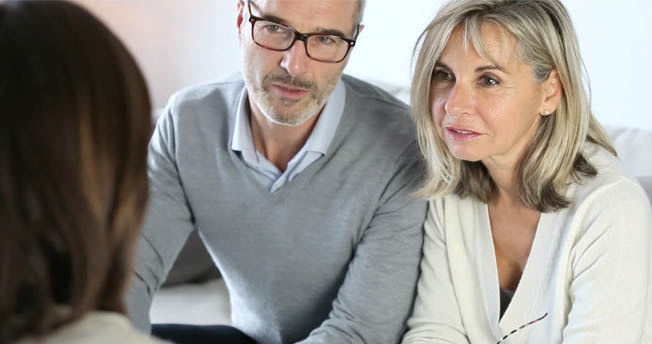HPV Vaccine
Cervical cancer is the fourth most common cancer among women and kills nearly 300,000 women worldwide. Having the human papillomavirus (HPV) vaccine offers a high level of protection from the disease, as well as against other forms of cancer that can affect both men and women.
Does the HPV vaccine work?
The good news is that the vaccine works extremely well. A major new study shows that the vaccine cut cases of cervical cancer by nearly 90% after it was introduced in England in 2008.
It protects against human papillomavirus (HPV), which is highly contagious, and the virus responsible for cervical cancer. We therefore recommend vaccination for adolescents between 9-14 years old - before they become sexually active.
What is the Human Papillomavirus (HPV)?
HPV is extremely common and you can catch it through sexual contact (including oral sex) with someone who already has it. There are over a hundred different types of HPV and around 40 affect our genital areas.
Most of us will get an HPV infection at some point but our bodies will get rid of it without the need for treatment. But some people become infected with a high risk type of HPV which their immune system cannot clear. Over time, this can develop into cancer if not treated. This includes:
Other types of HPV can cause:
How does the HPV vaccine work?
The vaccine works by triggering our immune system to produce antibodies against HPV, without causing HPV infection itself. So when you come into contact with these viruses in the future, your body reacts by quickly clearing them from your body.
Around 40% of women are infected with HPV within two years of first becoming sexually active, so it's important to get vaccinated before this point. The vaccine is usually given to children between the ages of 9-14 years old, and the NHS currently offers immunisation to girls and boys between the ages of 12 and13.
Should boys be given the HPV vaccination?
Since 2018 boys aged between 12-13 years are routinely offered the HPV vaccine by the NHS. We also think it’s a good idea - as it helps prevent the spread of the HPV among the population, and protects against cervical cancer and other diseases associated with the virus.
Are there side effects from the HPV vaccine?
Luckily, the HPV vaccine is extremely safe, and most people will experience no side effects. Occasionally some may develop mild headaches, dizziness or nausea. Sometimes you may develop a mild fever, or redness or swelling at the injection site - these signs usually disappear quickly and mean that your immune system is mounting a good response to the HPV.
Booking your HPV vaccine at our clinic in London
If you would like to discuss the HPV vaccine with one of our specialists please call 020 7244 4200 or make an appointment online.











